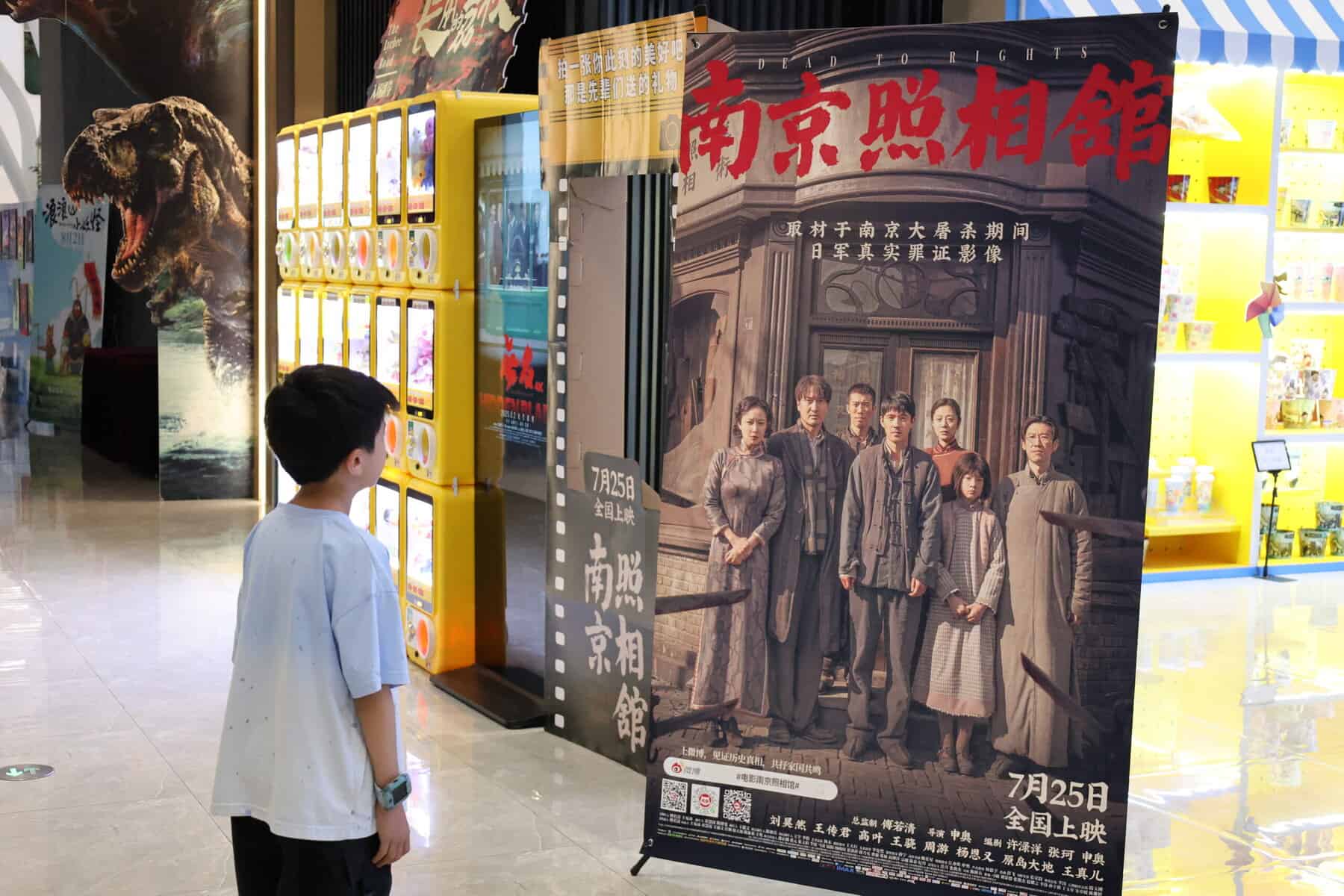Chinese audiences are embracing South African cinema, sparking calls for deeper film collaborations between the two nations.

The interest shown by Chinese audiences in South African films has sparked a debate about the possibility of the Chinese and South African film industries cooperating in the future.
This is one of the points made by deputy director-general of China Film Administration Luo Yang, during the opening of the China Film Night at Montecasino’s Cinema 15 in Fourways.
An enthusiastic audience of local and expatriate Chinese and South Africans filled the theatre to capacity.
Chinese audiences embracing SA films
Luo related the enthusiasm expressed by Chinese audiences about the South African film, Yesterday, featuring Leleti Khumalo, which was selected as the opening film at the China-Africa Film Week in June this year.
“We also played other famous SA films during the film week, which received widespread acclaim from Chinese audiences.
ALSO READ: Global peace goals unite SA and China
“China and South Africa share great potential for cooperation in the film industry. China has a massive film market, accounting for 21% of the global box office last year, “ Luo said.
She praised Johannesburg, the hub of South Africa’s film industry, for being the home to “outstanding creative teams”.
“We encourage filmmakers from both countries to strengthen exchanges and collaboration, actively participating in each other’s international film festivals,” Luo said.
Festivals present great opportunities for collaboration
She said the Shanghai International Film Festival and Beijing International Film Festival in China, and the Johannesburg Film Festival and Durban International Film Festival in South Africa, presented great opportunities for collaboration.
“We sincerely hope that outstanding South African films will shine on Chinese screens and we are equally eager to share more excellent Chinese films with South African audiences, fostering mutual prosperity and development in both film industries.
ALSO READ: China pedals ahead with innovation
“At the same time, cinema serves as a bridge of light and shadow between China and South Africa. We warmly encourage South African audiences to explore China through films, to experience first-hand the country’s magnificent landscapes and rich cultural heritage,” Luo said.
This year marks the 130th anniversary of world cinema and the 120th anniversary of Chinese cinema. As a major film producer, China boasts more than 90 000 screens in urban theatres and produces nearly 1 000 films every year.
Luo said the total box office revenue of Chinese films in 2025 had reached nearly 33 billion yuan (about R85 billion), with 732 million admissions representing growth rates of 14% and 9% year on year respectively.
Box office revenue reached nearly R85bn
Among these Chinese films, Nezha 2, an animated production inspired by traditional Chinese culture, is the highest-grossing film in a single market in global cinema history and the highest-grossing animated film worldwide, which restores confidence in the global film industry.
The event, which also commemorated the 80th anniversary of the victory over Japan in WWII, screened the documentary, The Sinking of the Lisbon Maru.
ALSO READ: SA and China agree to collaborate on AI and innovation
It is based on a true story and vividly portrays the brave actions of Chinese fishermen who risked their lives to rescue British prisoners of war (POWs).
This happened as 1 816 British POWs were being taken in the Lisbon Maru from Hong Kong to Japan in 1942 when it was torpedoed by a US submarine.
The Sinking of the Lisbon Maru
A total of 828 POWs drowned with the sinking ship.
The story is told through the few remaining survivors and the families of the victims, including children and relatives.






